
Binyamin Appelbaum's Interviews
15 months ago, Binyamin Appelbaum, who writes on economic issues as a member of the NY Editorial Board wrote a piece entitled Inflation Isn't Lurking Around the Corner. This Isn't the 1970s." He was very wrong. But he's owning it, and in very productive discussion talks about the macro and micro reasons he was mistaken
How neoliberalism happened (with George Monbiot and Binyamin Appelbaum)
It’s trendy to mock the malicious pervasiveness of neoliberalism now, but have you ever wondered what its origins are? This week, George Monbiot and Binyamin Appelbaum join the show to uncover just where the dominant economic theory of our time came from and how it took hold. This episode was originally recorded and re
Why conventional wisdom is finally pushing for higher wages (with Binyamin Appelbaum)
Six years after the beginning of the Fight for $15 movement, conventional wisdom is finally waking up to economic reality. How do we know? Because the New York Times recently published an editorial titled ‘Let’s Talk About Higher Wages’ calling on the incoming Biden administration to focus on higher wages for everyone.
Michael Klein, and Binyamin Appelbaum, lead writer on economics and business for The New York Times Editorial Board discuss Binyamin’s book The Economists’ Hour. The discussion focuses on the history of economists influencing public policy, and the limitations of free markets in solving issues like inequality.
Did Economists Ruin The Economy With Binyamin Appelbaum
Are the economists of the 60s and 70s to blame for our current state of affairs? That's the argument Binyamin Appelbaum makes in his book "The Economists' Hour". On this episode, Kate and Luigi debate the history of economists, the problems with economics today, and what changes could lead to a better economic future.
Journalist and author Binyamin Appelbaum of the New York Times talks about his book, The Economists' Hour, with EconTalk host Russ Roberts. Appelbaum blames the triumph of free-market ideology for the rise in inequality and the decline in growth rates over the last half-century. The result is a lively, civil conversati




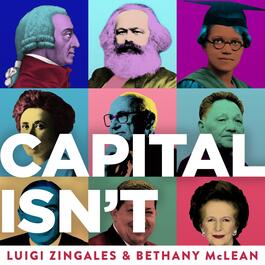



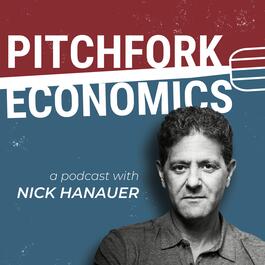
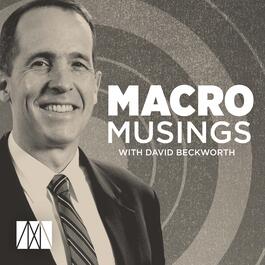




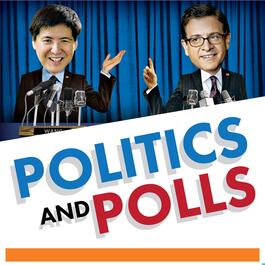

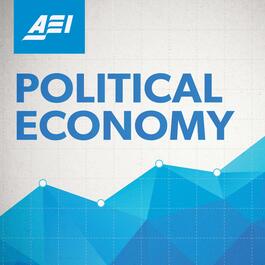


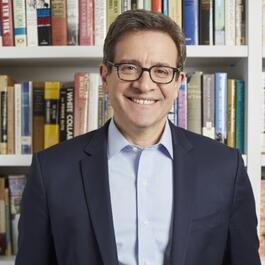

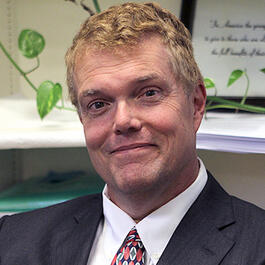



Shout-outs
Add shout-out